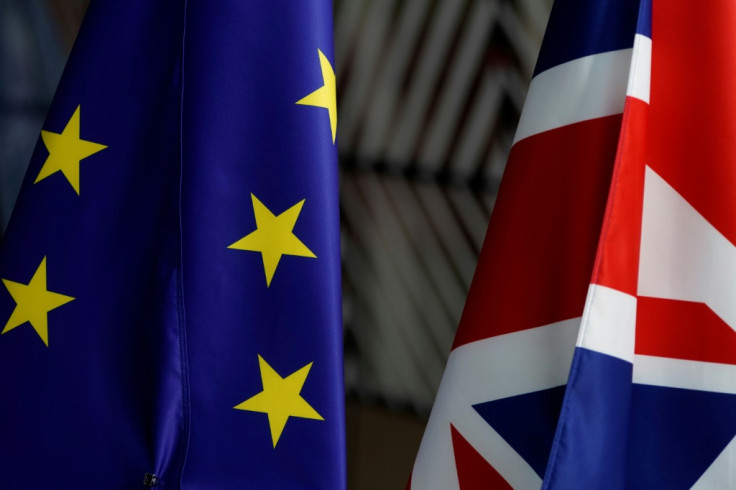Industry spooked by UK stance on post-Brexit EU trade
European Commission president Ursula von der Leyen said that Britain knows it has to align itself with single market rules if it wants to be close to it.
British industry voiced concern on Monday about a warning from finance minister Sajid Javid that there would be "no alignment" with the European Union after Brexit.
Britain is to leave the bloc after nearly 50 years at the end of this month, kicking off talks between London and Brussels for a free trade agreement that have to be concluded by the year end.
Chancellor of the Exchequer Sajid Javid this weekend called for businesses to "adapt", and said they had already had more than three years to do so since the 2016 referendum on EU membership.
"There will not be alignment, we will not be a ruletaker, we will not be in the single market and we will not be in the customs union -- and we will do this by the end of the year," he said.
The Food and Drink Federation said it was "deeply concerned" by Javid's comments, made in an interview with the FT, and warned that it sounded "the death knell for frictionless trade".
The Society of Motor Manufacturers and Traders added that its priority was to avoid "expensive tariffs and other behind-the-border barriers" that would affect two-way market access.
Non-alignment of regulations would mean more checks, processes and procedures and potentially increase costs, it said.
Britain's largest employers' organisation, the Confederation of British Industries (CBI), said alignment supports jobs and competitiveness, particularly in less well-off areas.
CBI boss Carolyn Fairbairn said there were areas where Britain could benefit from divergence from EU norms but there should be no "obligation to diverge".
Unite, which represents over 500,000 workers in manufacturing from aeropsace to the automotive industry, said divergence could be "the final nail in the coffin" for many struggling sectors.
The City of London Corporation, which governs the Square Mile financial sector, in contrast said the current third-party equivalence system was "patchy and prone to politicisation".
"Securing an 'outcome-based' equivalence of rules... would be a step in the right direction," its policy chair Catherine McGuinness was quoted as saying by the City AM newspaper.
Last week, European Commission president Ursula von der Leyen said on a visit to Dublin that Britain knows it has to align itself with single market rules if it wants to be close to it.
Ireland's foreign minister Simion Coveney on Monday said it was unlikely that Brussels would agree to any deal which was not reciprocal.
"The key issue here is around level playing field issues," he said after meeting EU chief negotiator Michel Barnier in Brussels.
"There is no way that the EU will ever sign up to a trade deal that allows tariff-free, quota-free and frictionless access to UK goods coming into the EU if there isn't a level playing field in terms of how they're produced because that would be unfair competition."
Ensuring a level playing field is Brussels' main concern as the start of talks loom.
The EU is keen to ensure London does not deregulate its economy in environmental, social, fiscal or state aid matters.
British officials insist they want rules based on "objectives" rather than a rigid framework, especially in financial regulation, but they have no intention of lowering standards.
Copyright AFP. All rights reserved.

This article is copyrighted by International Business Times, the business news leader





















